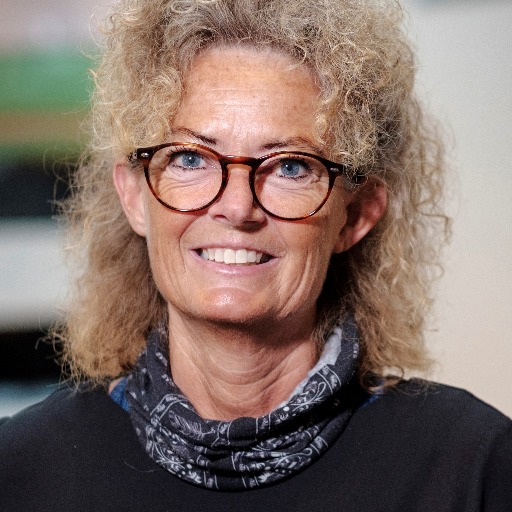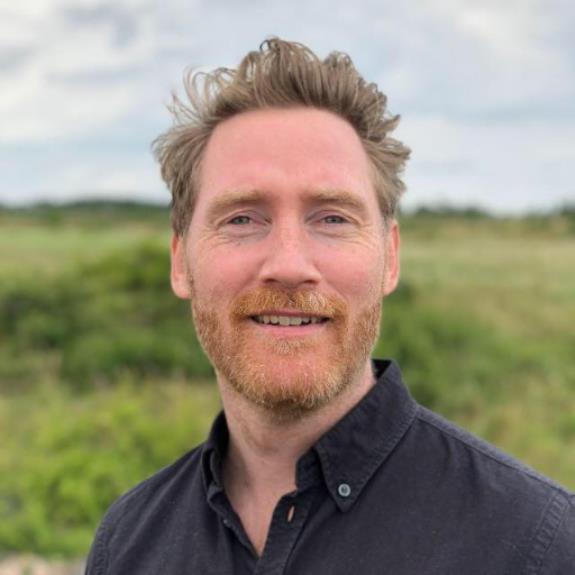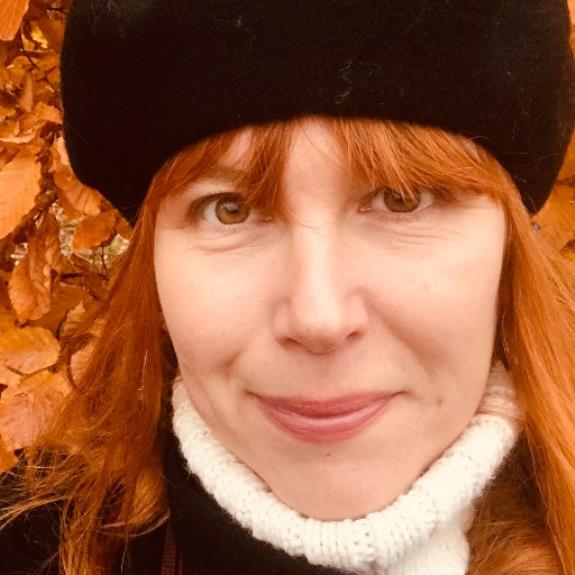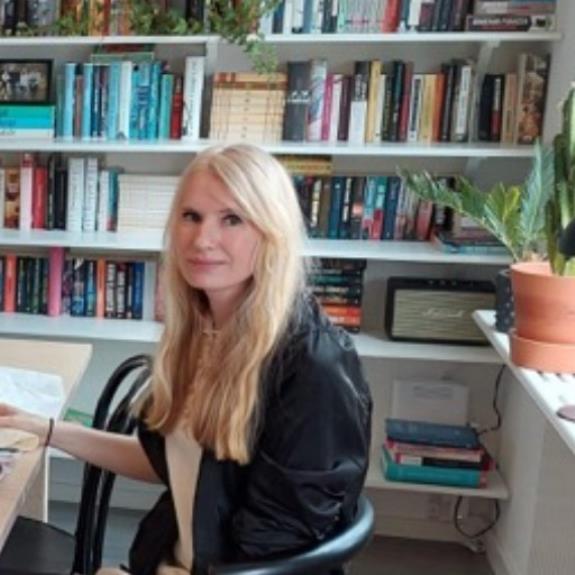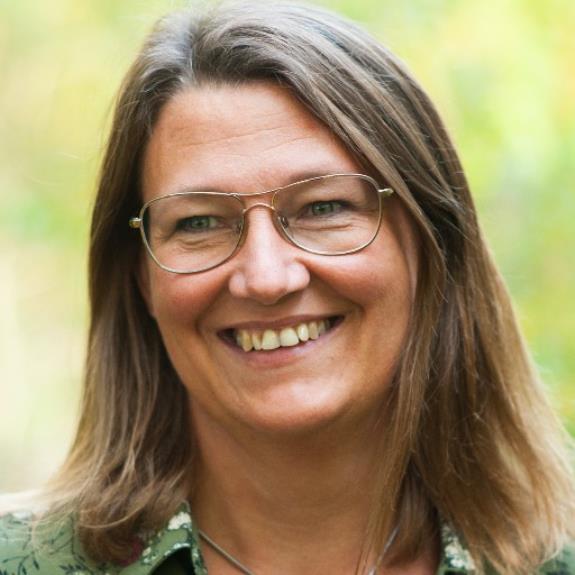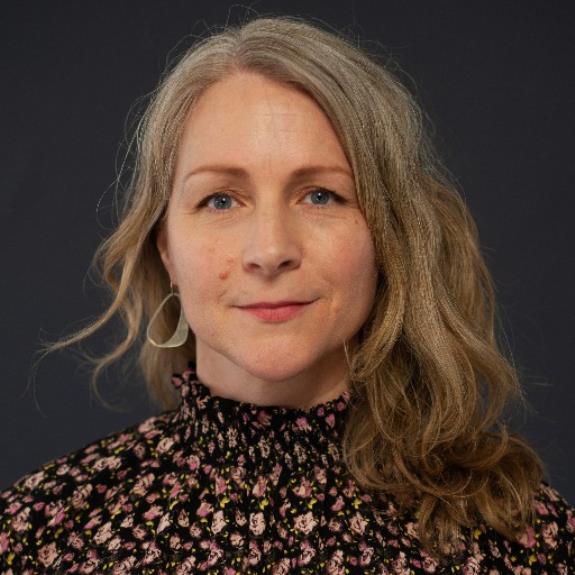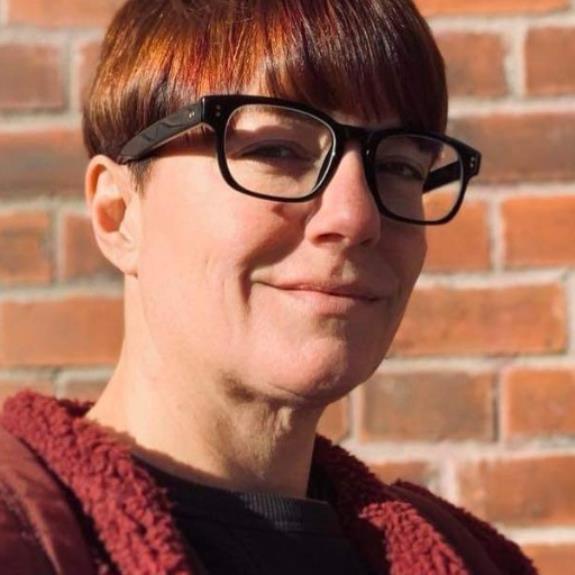We use cookies on this website. Cookies help us deliver the best experience on our website. Read about cookies.
-
- Education
- Education
- Programmes and courses
- Applications and admissions
- Tuition fees
- Scholarships
- Exchange studies at Malmö University
- Study Guidance
-
- After admission
- After admission
- Moving to Malmö
- Pre-orientation
- Arrival guide
-
- About studies at Malmö University
- About studies at Malmö University
- Why choose Malmö University
- Understanding university studies
- Connect with our students
On the page -
- Research
- Research
-
- Doctoral studies
- Doctoral studies
- Doctoral courses
-
- Doctoral schools
- Doctoral schools
- Adaptation of urban space through sustainable regeneration
- ComBine
- Culturally Empowering Education through Language and Literature
- Education, Learning and Globalisation
- Finding ways in a time of great future challenges (FinnFram)
- Swedish National Graduate School in Science and Technology Education Research
- Learning in Multicultural Societal Contexts
- Pedagogy and Vocational Skills
- Relevancing Mathematics and Science Education (RelMaS)
- Sustainable Movement Education
- The National Research School for Professionals in Social Services
- Research subjects
-
- Research centres
- Research centres
- Biofilms Research Centre for Biointerfaces
- Citizen Health
- Imagining and Co-Creating Futures
- Institute for Urban Research
- Malmö Institute for Migration Studies
- Literacy and Inclusive Teaching
- Centre for Work Life Studies
- Sustainable Digitalisation Research Centre
- Centre for Sexology and Sexuality Studies
-
- Research publications
- Research publications
- Search for research publications in Diva
- Malmö University Press
- Research events
- Participate in a research study
- Coffee Break Quiz
On the page -
- Collaboration and Innovation
- Collaboration and Innovation
-
- Levels of collaboration
- Levels of collaboration
-
- Local collaboration
- Local collaboration
- Muvah
- Regional collaboration
- National collaboration
-
- International collaboration
- International collaboration
- UNIC
- Innovation
- Collaboration with students
-
- Collaborate with researchers
- Collaborate with researchers
- Labs and facilities
- Culture collaboration
- Support Malmö University
- Alumni & Friends
On the page -
- About us
- About us
-
- Faculties and departments
- Faculties and departments
-
- Faculty of Culture and Society
- Faculty of Culture and Society
- Department of Global Political Studies
- School of Arts and Communication
- Department of Urban Studies
-
- Faculty of Education and Society
- Faculty of Education and Society
- Department of Childhood, Education and Society
- Department of Sports Sciences
- Department of Culture, Languages and Media
- Department of Natural Science, Mathematics and Society
- Department of Society, Culture and Identity
- Department of School Development and Leadership
- The Centre for Teaching and Learning (CAKL)
-
- Faculty of Technology and Society
- Faculty of Technology and Society
- Department of Computer Science and Media Technology
- Department of Materials Science and Applied Mathematics
- Faculty of Odontology
- University Dental Clinic
-
- Find and contact Malmö University
- Find and contact Malmö University
- Visit Malmö University
-
- News and press
- News and press
- Graphic manual
- Map of the buildings (Google Maps)
- Merchandise
- Supplier information and invoice management
- Whistleblowing
- We will help you with your questions
- Management and decision-making paths
-
- Malmö University's strategy 2030
- Malmö University's strategy 2030
- Sustainability
- Widened recruitment and participation
- Quality assurance work at the University
-
- Malmö Academic Choir and Orchestra
- Malmö Academic Choir and Orchestra
- Student work – video pieces
-
- Annual Academic Celebration
- Annual Academic Celebration
- Academic traditions
- Meet our new professors
- Meet our new doctors
- Honorary doctors
-
- The University in a troubled world
- The University in a troubled world
- Campus total defence
On the page
Didaktik Studies (DS)
At the Department of Childhood, Education, and Society (BUS), Didaktik Studies (DS) represents a research group and field of knowledge that addresses questions regarding the relationships between children, teachers, and educational content. We use the German word didaktik (with use of the letter k), which is common in the didaktik tradition in continental Europe and the Nordic countries, and not the Anglo-Saxon word didactics. The research emphasizes teaching and bildung processes at the interse
Our Research
The activities of the research group can be framed through the classical didaktik questions: Why, What, How, Where, When, and Who.
Why
The why question captures the underlying motivation of the research, which is directed toward developing a multivocal didaktik [flerstämmig didaktik] for democracy in a wiser world. In a time marked by fragile societal development—where social cohesion, democracy, freedom of expression, and individual well-being are increasingly under pressure —there is a pressing need to safeguard democracy both nationally from within and through international exchange of democratic practices.
The core driving force behind Didaktik Studies is thus the ambition to contribute to a wiser world by promoting democratic values through education. In the complex realities of teaching, a multivokal approach—rather than a monovokal or one-dimensional one—can offer a way to avoid reductionism and instead open up for more nuanced understandings of educational practice. This complexity-oriented perspective allows for the development of more refined, sensitive, and responsive teaching practices, which may in turn foster conditions for a wiser, more democratic society.
What
The what question relates to the research profile of the group, which is defined by a multivocal didaktik that encompasses general didaktik (including teaching, responses, values, and democratic participation), content-focused or subject-specific didaktik (such as music, mathematics, literacy, translanguaging, literature didaktik, and digital competence), and special education didaktik. The group’s work also includes elements of comparative didaktik, creative listening, (neuro)didaktik, and philosophical metadidaktik among other evolving areas of inquiry.
How
The how question concerns the formats and practices through which the group engages in knowledge development. These include didaktik dialogues, advanced seminars, invited guest lectures, doctoral activities (such as dissertation launch events and project presentations), varied text seminars, conference participation (both collective and individual), researcher days, grant-writing seminars, collaborative writing workshops sometimes organized as “text potlucks,” and academic career development discussions.
The modes of presentation employed within the group are also multivokal in nature. In addition to traditional academic formats, the group explores alternative forms of communication, including narrative frameworks such as a multivocal “didaktik ship,” as well as musical and poetic elements, visual and movement-based expressions, synthesizing conversations, podcasts, films, and opinion pieces.
Where
The where question refers to the physical and digital spaces in which the group operates. These include rooms within the Orkanen building—frequently ORE110—as well as digital environments, and national and international venues such as conferences and meeting platforms.
When
The when question relates to the temporal rhythms of the group’s activities. Meetings are held approximately once a month, typically for two hours, and sometimes extend into full-day sessions in connection with conferences or special events.
Who
The who question includes the group's members, comprising doctoral students as well as lecturers, senior lecturers, associate professors, and full professors.
Voices about Didactic Studies
The driving force in my research is the collaboration between researchers and practitioners in preschool and preschool teacher education, and the mutual development this enables.
Ylva Holmberg
In Holmberg’s research, music often serves as the common thread, which has led to, for example, an ongoing collaboration and ULF network: Multivocal Didaktik Analysis of Music and Literacy Practices in Preschool.
My research interests concern how teaching about and with digital technology is designed in different school contexts, and the conditions that shape teaching.
Carolina Martinez
I am the vice director of the research center Sustainable Digitalization at Malmö University, where issues related to, for example, inclusion and human rights in relation to digital technology are central.
Special education didaktik is a didaktik voice under development, being proven in multivocal contexts of research, collaboration, and research-linked education. The driving force behind the exploration and development of special education didaktik relates to every child’s right to equitable education and teaching in preschool.
Linda Palla
Palla is a member of interdisciplinary international networks such as the Nordic Network of Documentation Researchers in the Education and Special Education Research field and Global childhood’s research group.
The driving force behind my interest in multivocal didactics relates to the potential in open life chances and well-being for all children, linked to teachers’ ability to create conditions through teaching proficiency and co-constructed knowledge formation.
Ann-Christine Vallberg Roth
Engagement in large-scale research and development programs, ULF networks, preschool teacher education, doctoral education and research schools, as well as national and international networks and publications, can create opportunities for and contribute to the pursuit of democracy in a wiser world.
Researchers
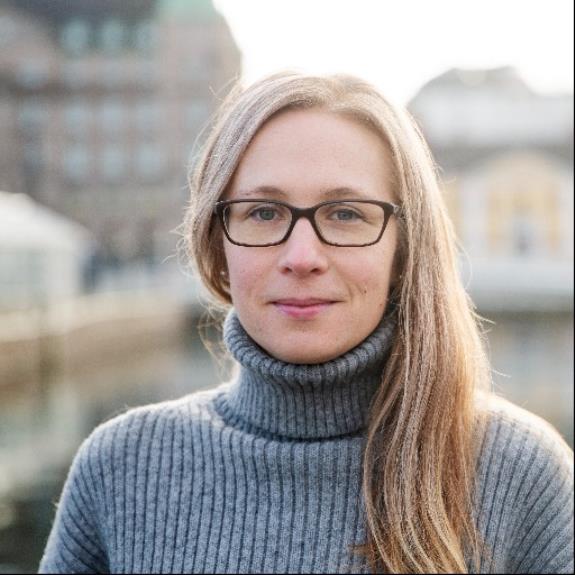
Carolina Martinez
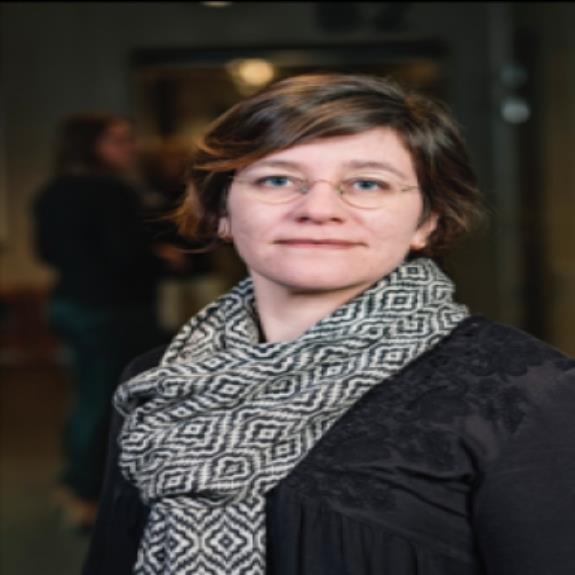
Ylva Holmberg
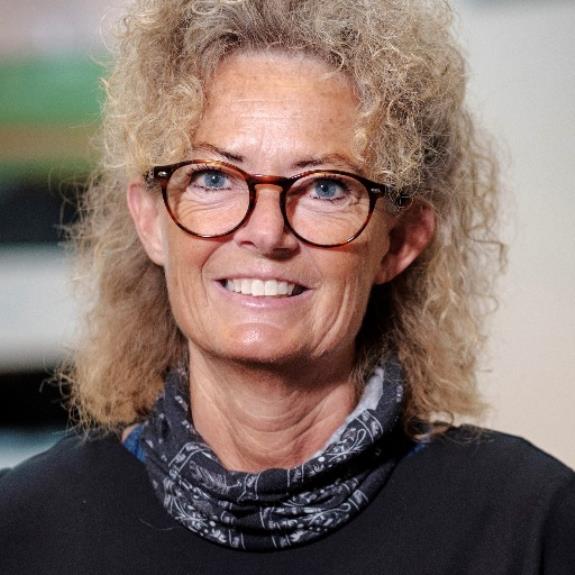
Ann-Christine Vallberg Roth
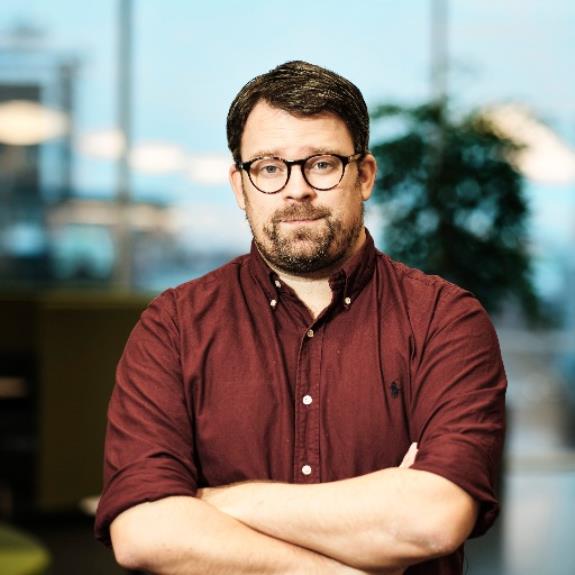
Peter Lilja
Research group facts
- Faculty and Department:
